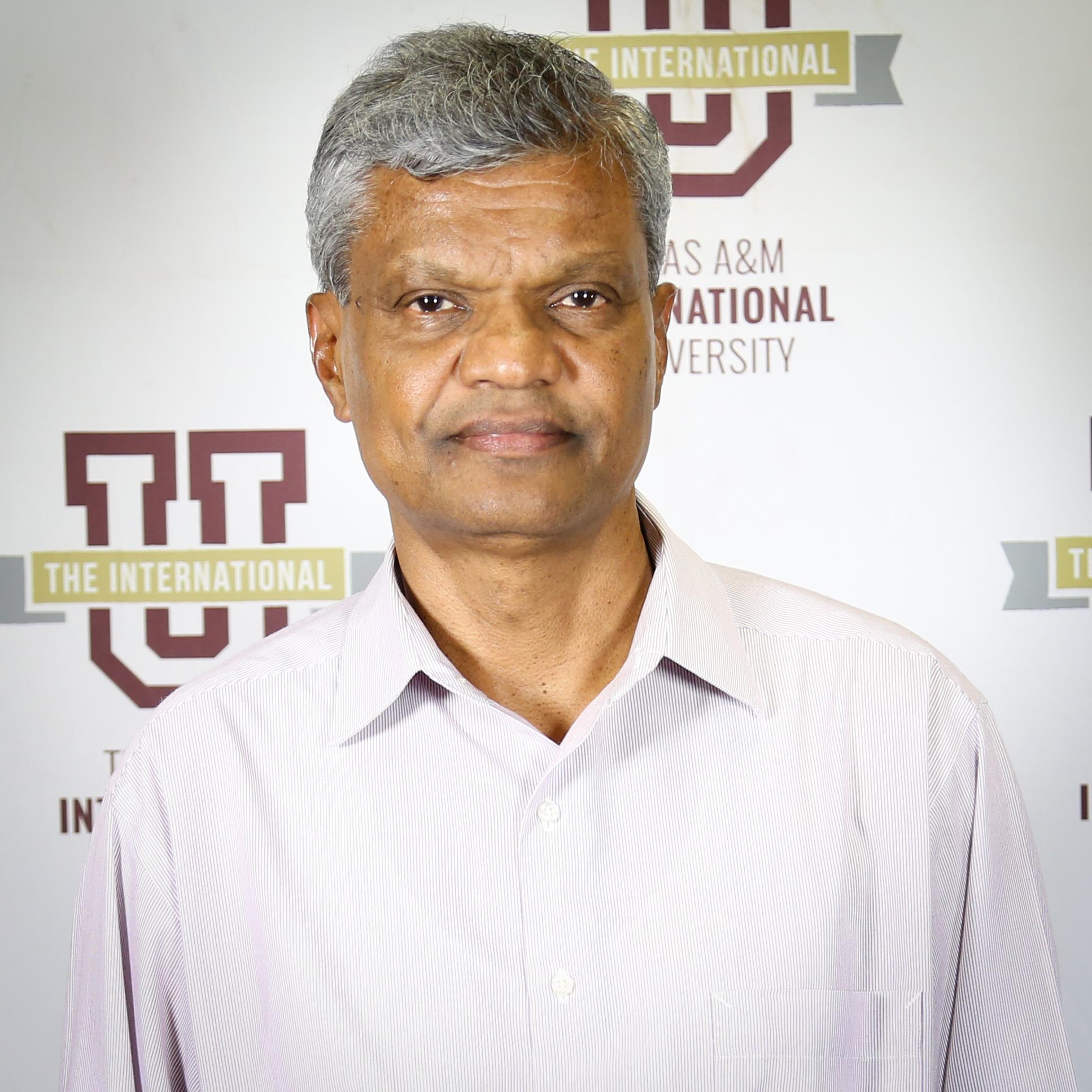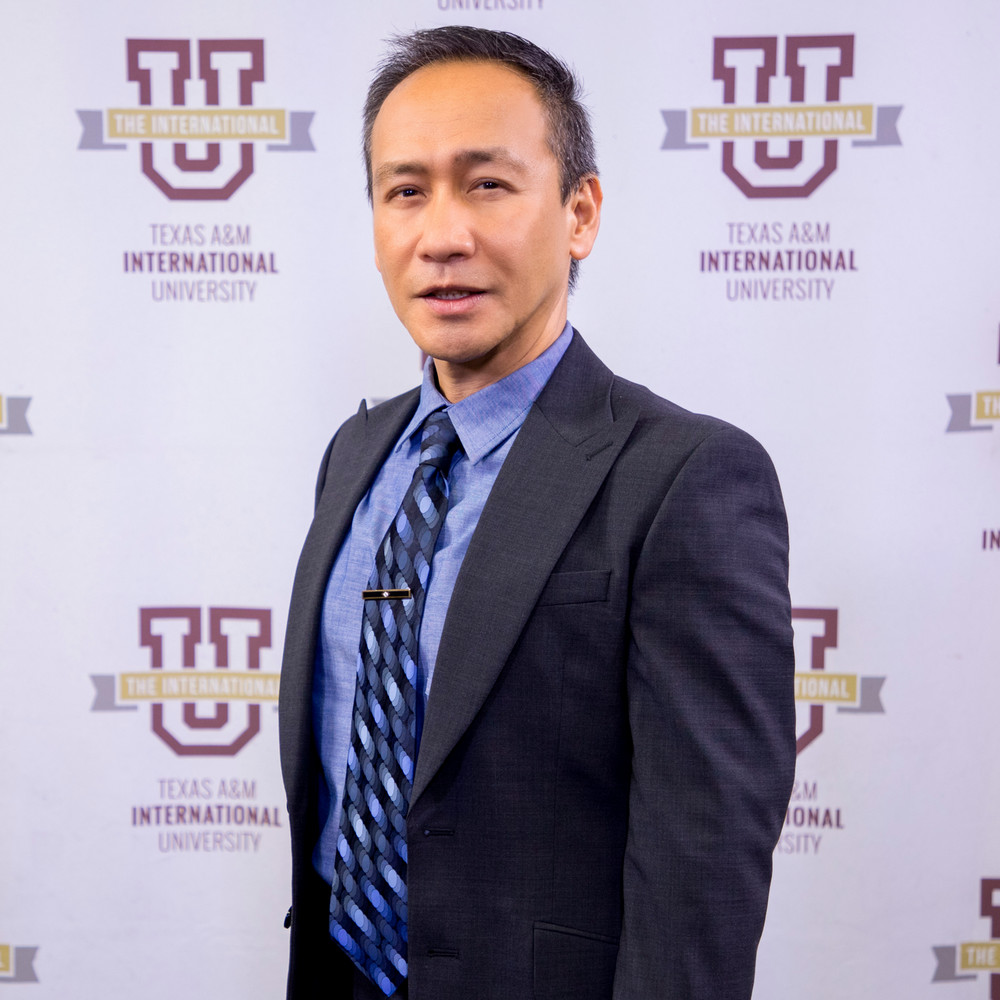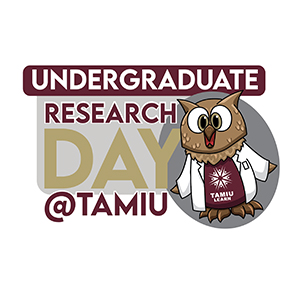TAMIU LSAMP STEM Undergraduate Fellowship Program Congratulates First Cohort

This Spring 2022, the Louis Stokes Alliance for Minority Participation (LSAMP) added a STEM Undergraduate Fellowship to its list of resources for underrepresented minority students, including Texas A&M International University (TAMIU) Stokes Alliance members.
TAMIU LSAMP STEM Undergraduate Fellowship students engaged in cutting-edge research projects with faculty mentors. They were also able to attend professional development programming from the TAMUS LSAMP Graduate Interest Group program and other related events to learn about internships, research opportunities, graduate school programs and more.
The first cohort of TAMIU LSAMP STEM Undergraduate Fellows includes the following Spring 2022 graduates:
- Ian A. Lopez, a Petroleum Engineering student with research that introduces a novel design to improve oil production from Eagle Ford formation through the injection of CO2.
- Juan Soliz, a Petroleum Engineering student and Army veteran whose research investigates the capabilities of different gases to improve oil recovery for different oil types.
- Julian Miranda, a Mathematics student conducting research on how to create and prove an efficient high order algorithm for parameterized magnetohydrodynamic flow ensemble simulations.
The Fellowship is arranged into a system of four tiers where students receive a stipend for each completed tier during the one-year fellowship program. Depending on the level of involvement and participation, LSAMP Fellows can receive stipends ranging from $500 to $1,250 per year.
TAMIU LSAMP principal investigator, associate professor of Systems Engineering and interim director of the School of Engineering Dr. Mahmoud T. Khasawneh, explained the impact and implementation of the Fellowship program at the University.
“This Fellowship program is unique in that it follows a holistic perspective to preparing students for successful careers, where students not only engage in research projects with faculty mentors, but also attend professional development activities aimed at building their capacity to do research, obtaining information about how to become a competitive graduate school applicant, and acquiring general professional skills that help them in the job market,” Dr. Khasawneh said.
TAMIU LSAMP is a National Science Foundation funded program that strives to support historically under-represented students in STEM fields to excel in their careers.
“This Fellowship offers students an opportunity to engage in research with their mentors and build on their skills through workshops, while also receiving money for non-tuition purposes,” added Yahaira S. Franco, TAMIU LSAMP program specialist.
To apply for this Fellowship program, students can access the application at https://go.tamiu.edu/lsamp . A second cohort of students will begin their LSAMP journey this Fall 2022.
Student applicants must submit a research interest essay, a Faculty Mentor Acknowledgement Form from the TAMIU LSAMP website, a resume and an unofficial transcript.
Fellowship eligibility guidelines include that student be enrolled in an NSF LSAMP-eligible STEM degree (Biology, Chemistry, Mathematics, Systems Engineering, Computer Engineering or Petroleum Engineering), be U.S. citizens, national or permanent residents, be in good standing at TAMIU, and identify as an under-represented minority.
For additional information, please contact Yahaira Franco at 956.326.3231, email yahaira.franco@tamiu.edu, or visit the Office of Research and Sponsored Projects, KL 326.
TAMIU’s Louis Stokes Alliance for Minority Participation STEM Undergraduate Fellowship congratulates its first cohort of students. Throughout the Spring 2022 semester, students completed their Fellowship and engaged in cutting-edge research projects alongside faculty mentors. Pictured, from left to right, Dr. Mahmoud T. Khasawneh, associate professor of Systems Engineering and interim director of the School of Engineering, Ian Lopez, Yahaira Franco, LSAMP program specialist and students Julian Miranda and Juan Soliz.



